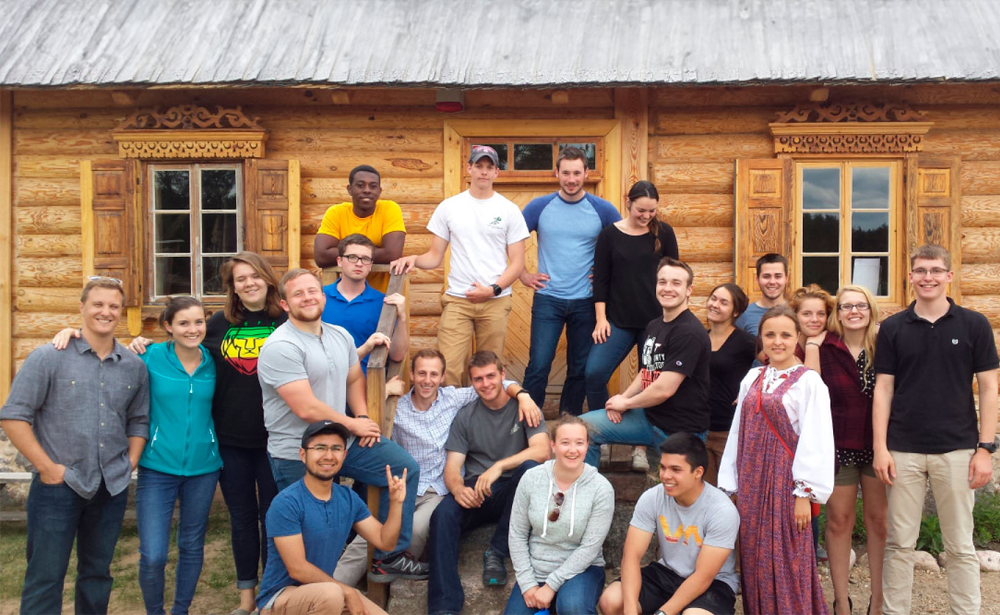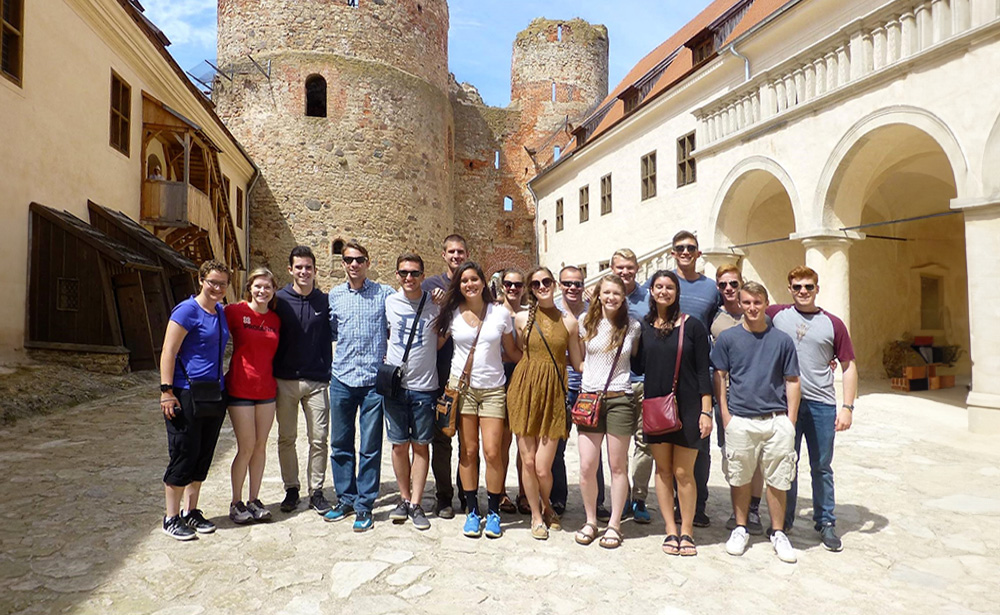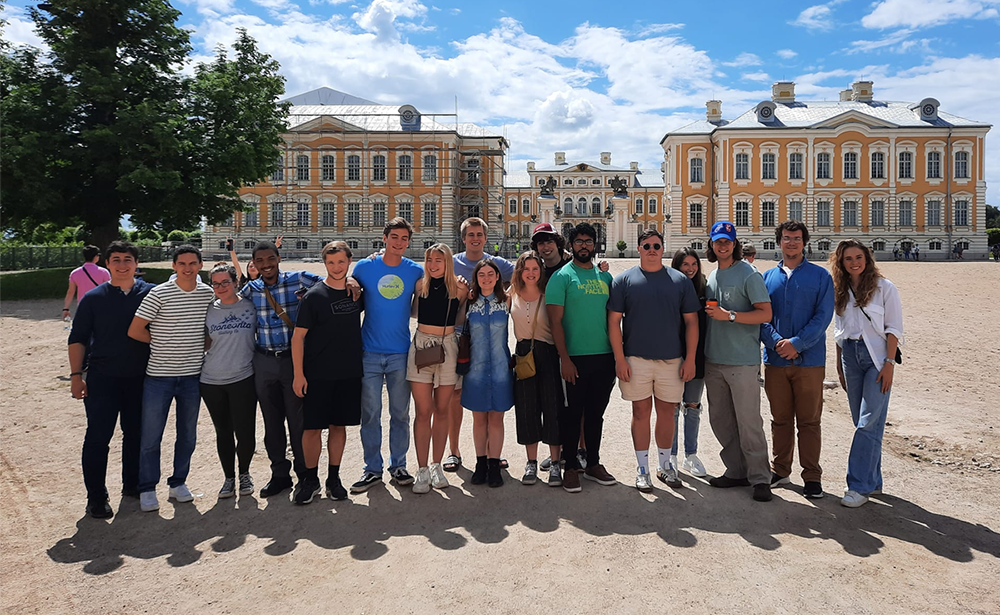Why do people speak Russian in Daugavpils?
As it seems to us, Daugavpils is the best place to learn Russian now, because our city is situated in the EU and NATO, but at the same time 90% of the city’s population speak Russian at home. But how can it be? There are four reasons, and they all have to do with the history of Daugavpils and Latvia.
Reason #1. Migration of Old Believers.
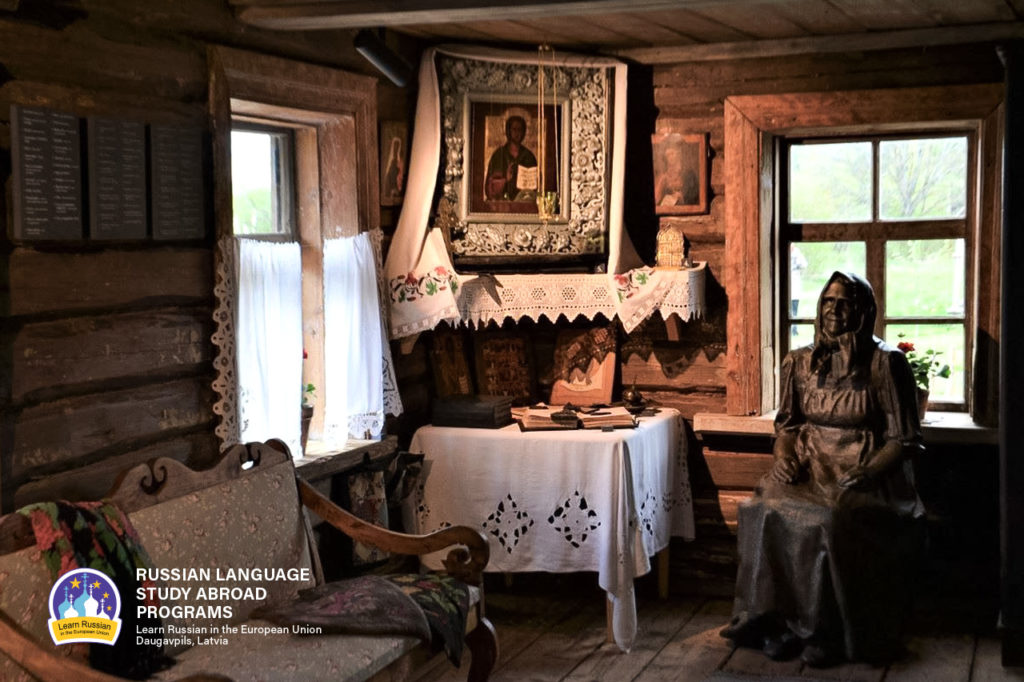
Speakers of the Russian language appeared in the territory of Latvia more than three centuries ago, when Old Believers – inhabitants of the Russian tsardom who did not want to submit to radical reforms in Orthodoxy – came here. The Old Believers were persecuted in their homeland, and the Polish king offered them to settle in the Polish border territories, which were known as the Duchy of Inflanty. This area is now called Latgale, the eastern region of Latvia. About one hundred thousand inhabitants of Latvia, mostly living in this part of the country, are descendants of those settlers and still adhere to this branch of Orthodox faith themselves. By studying Russian in Daugavpils, the main city of Latgale, you can also get acquainted with the history and culture of this peculiar part of the Russian people.
Reason #2. Development at the end of the XIX century.
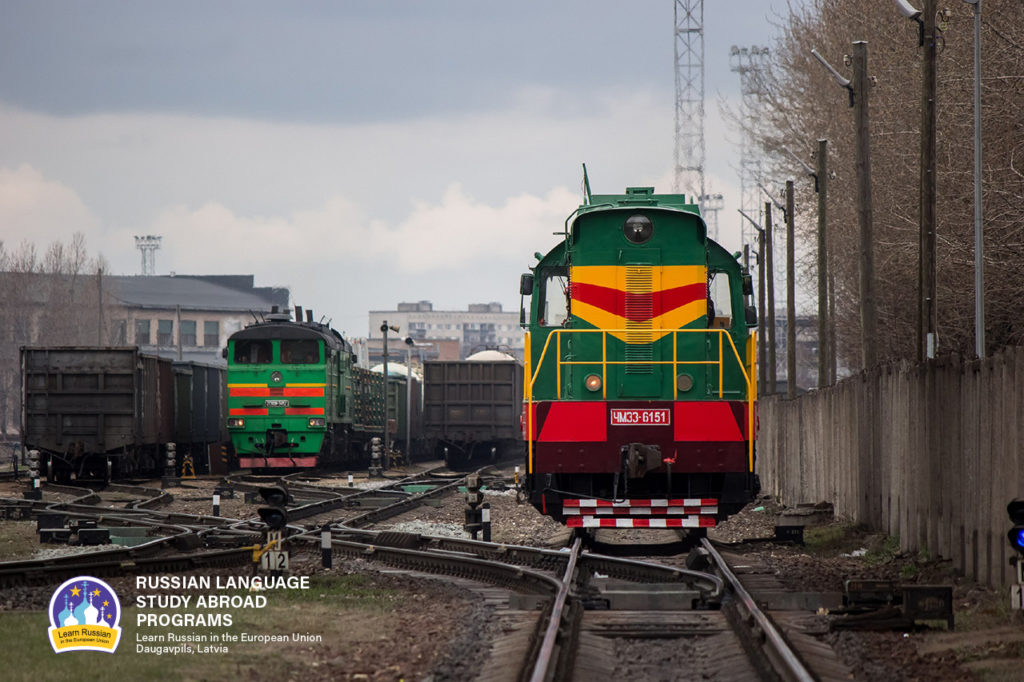
In the 1860s, two important railroads passed through Daugavpils – the first one was laid between St. Petersburg, the capital of the Russian Empire, and Warsaw, the main city of Poland, and the second — between Orel, a city in central Russia, and Riga, an industrial center and the most important port on the Baltic Sea. The city at the crossroads became attractive for trade and industry, and in just 50 years the population of the city grew almost 10 times — from 13 thousand in 1863 to 113 thousand in 1913. Most of the new dwellers were Jews and Russians, and therefore the Russian language has since taken an important place in the linguistic environment of the city.
Reason #3. City reconstruction after the WWII.
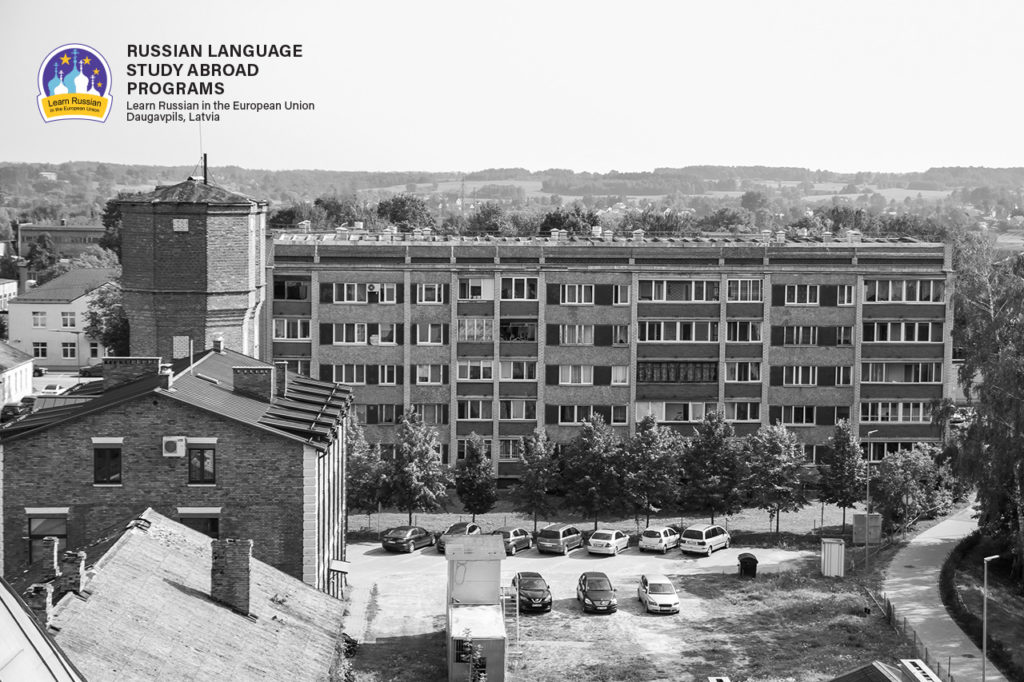
The events of the 1940s tragically affected the fate of Latvia. Daugavpils was not bypassed — during the Second World War the population of the city decreased many times, because many residents were forced to leave the city or were killed altogether. The Jewish population of the city due to the Holocaust practically disappeared. Many houses in the city, as well as factories and plants were destroyed during the fight for the city and massive bombing. After the end of the war, the Soviet authorities decided not only to rebuild the city, but also to enlarge it with new factories and industrial plants. Workers for new factories were brought to the city from nearby towns and villages in Russia and Belarus, important specialists for industry came from all over the Soviet Union. Almost all new residents of the city spoke Russian, and Russian finally became the main language in the city. To this day, most of the city’s residents are post-war immigrants and their descendants.
Reason #4. The influence of the Army.
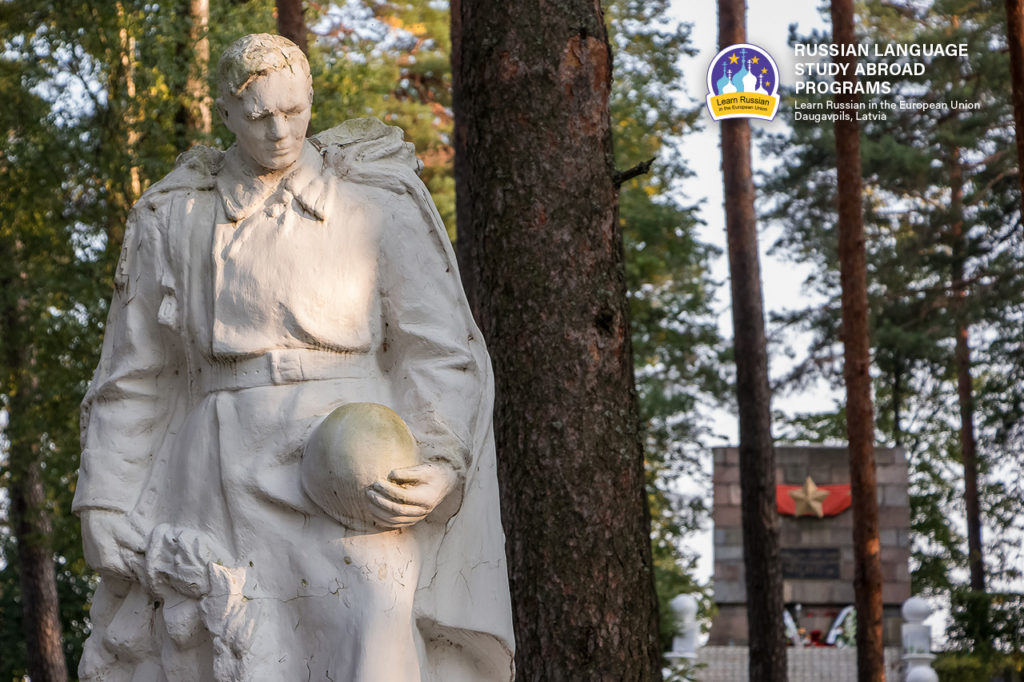
One of the most important parts of the city is, indeed, the fortress. By order of the Russian Emperor Alexander I, it began to be built in 1810 for defense against Napoleon, and was finished only in 1833 under his successor, Nicholas I. Military engineers and builders from other parts of the empire were sent to build the fortress, and then the garrison of the Russian army was stationed here — in 1913 it grew to approximately six thousand soldiers and officers, and, for many of them, Russian was their native language.
After World War II, when Latvia came under Soviet rule, the new authorities established a military school on the territory of the fortress, which trained aviation engineers for the Soviet Air Force and Air Defense Force. About 35 thousand cadets from outside Latvia passed through this school from 1948 to 1993. Many cadets found wives among Daugavpils residents and returned to the city after their service, adding to the Russian-speaking population of the city.
Thus, for more than three centuries the history of our city has been linked to the Russian language and Russian culture, and so there is no reason to leave the European Union to immerse yourself in learning Russian. Come and see for yourself!
You may be interested
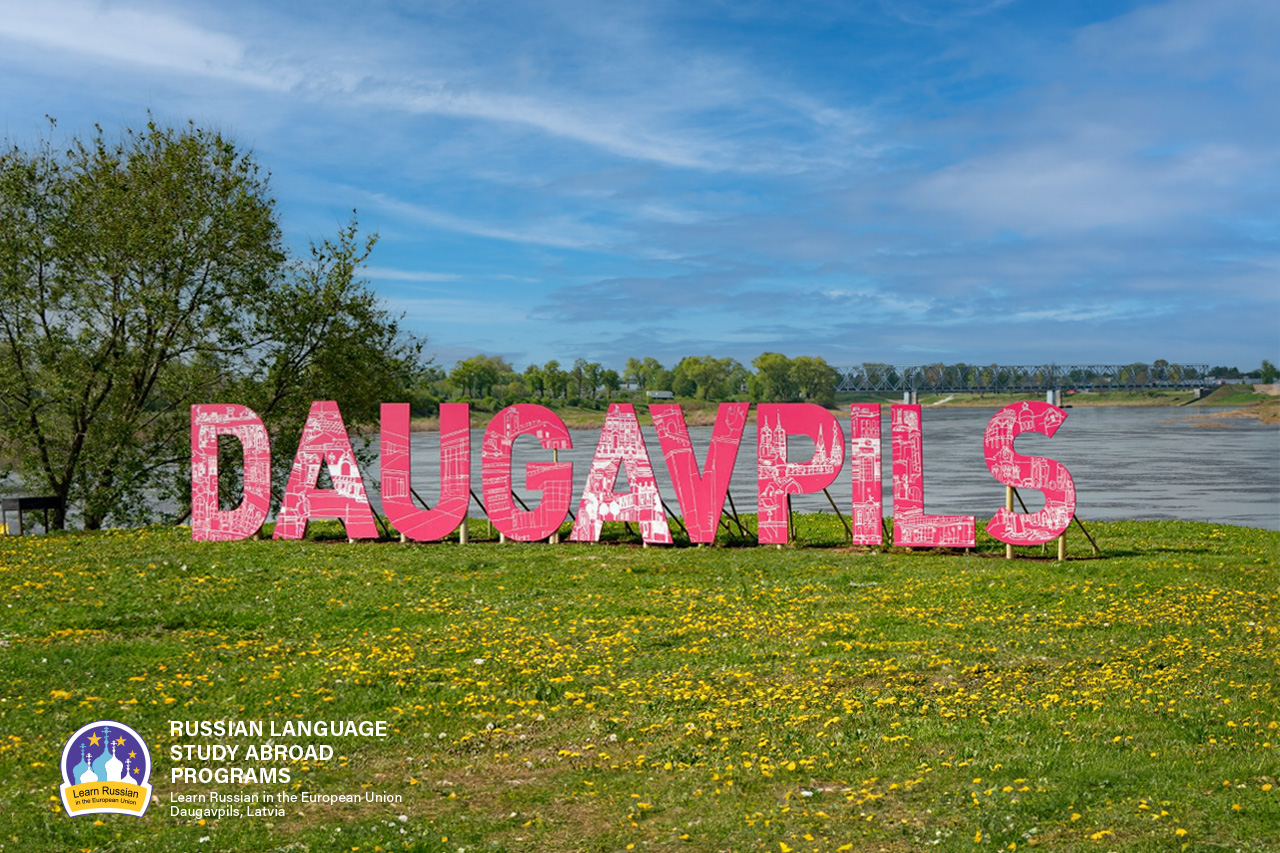
Why do people speak Russian in Daugavpils?
As it seems to us, Daugavpils is the best place to learn Russian now, because our city is situated in the EU and NATO, but at the same time 90% of the city’s population speak Russian at home.
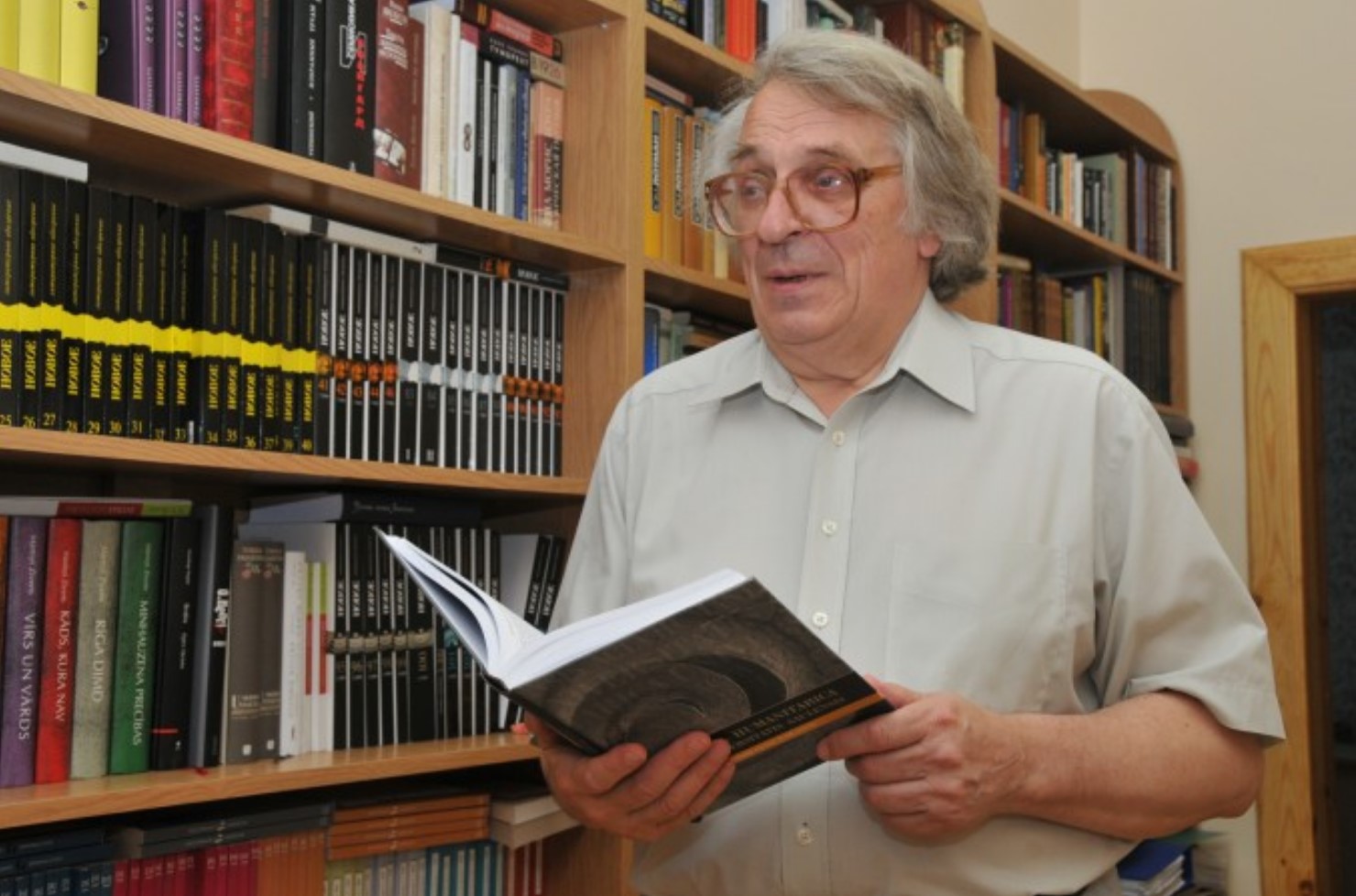
ЭТЮД О ДВИНСКЕ
Etude on Dvinsk by F.Fedorov
The Baltic region is one of the most catastrophe prone regions of the 2nd millennium, especially its second part; it is the centre of attraction of ‘geopolitical’ interests of the European world. Probably the most tragic fate has befallen to the eastern part of the present Latvia and its multi-titled town of Dinaburg – Dvinsk – Daugavpils. During its 730 years long history, the town went through five rather autonomous periods of development, five different lives (German, Polish, Russian, Latvian, Soviet), and at the beginning of the 1990s it entered into the 6th period.
The history of Dinaburg – Dvinsk – Daugavpils is the history of five attempts by the town to begin its life anew; and this is determined not only by the fact that the town was four times burned down and had to start life from scratch, but first and foremost because each of these periods was characterized by a total change of ethnos and the socio-cultural field.
The present article deals with the cultural space of the town in one of the most efficient periods of its development – from the 1860s till World War I.





